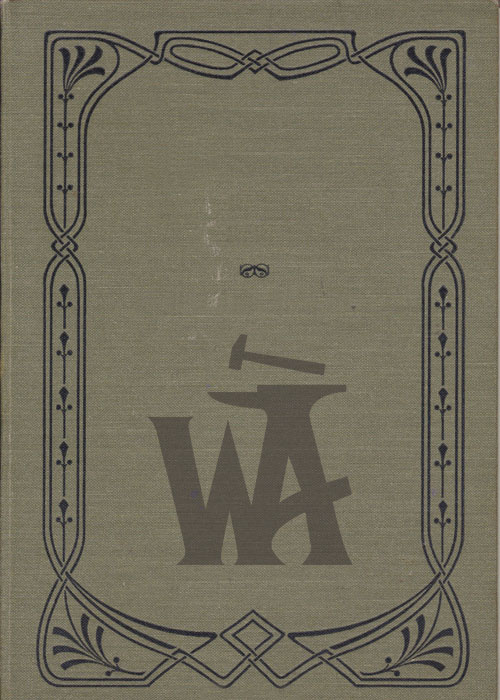The Aluventrias are regarded as the eldest family of the Alunir, a people who are themselves the eldest of the Elven species, believed by scholars to have emerged from the waters of the Fae Wilds into the mortal world hundreds of millennia ago. Obviously, much will have changed over the course of an estimated 500,000 years since the world was created, and the Alunir are no exception, despite their perceived longevity. Though, undoubtedly, the High Elves have changed drastically many times over the course of recorded and unrecorded history, at the very least, one thing about the culture of the Alunir has remained the same. The surname.
Although, all elven cultures observe an air of respect towards the surname, none can be said to be more revered than the High Elf. Research into the facets of Alunir society reveals a level of reverence for the surname comparable to the piety other beings typically reserve for religion. This phenomenon has been studied in great detail many a time in the fields of Anthropology and Nirran Studies. The surname undoubtedly holds a special place for the Alunir, but this begs the question: Why place so much emphasis on the simple linguistic denotation of the heritage of bloodline? The simple answer would be pride, though the simple answer rarely suffices in an academic environment. As with all things, the answer must be something deeper.
This dissertation will test the connection between the development of language and its implications on history, especially as it pertains to the Ancient Alunir and the subject of Aluvian Supremacy. Through the intensive study of ancient history and the history of the language that accompanies, one may begin to understand the ways in which communication can dictate the world on both small and grand scales. May the reader find these ruminations insightful.






